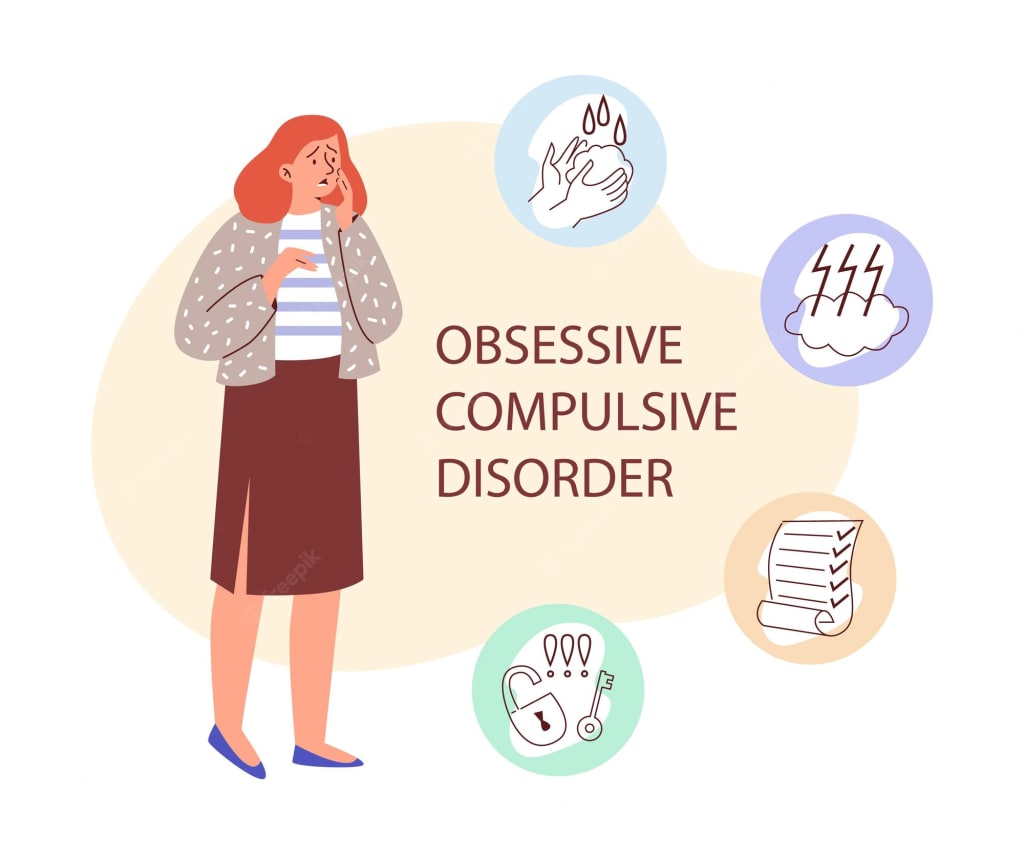The future of OCD treatment: New therapies and advancements in technology.
The future of OCD treatment: New therapies and advancements in technology.

Obsessive-Compulsive Disorder (OCD) is a mental health condition characterized by unwanted and intrusive thoughts, as well as repetitive behaviors or rituals. It affects millions of people worldwide, including a significant number of individuals in India. Over the years, there have been remarkable advancements in the treatment of OCD, and the future holds even more promising possibilities. In particular, online OCD treatment in India is emerging as an effective and accessible approach. This article will explore the future of OCD treatment, focusing on new therapies and advancements in technology, with a special emphasis on the growing trend of online OCD treatment in India.
Traditional OCD treatment approaches have typically included medication and psychotherapy, such as Cognitive-Behavioral Therapy (CBT). While these methods have proven to be effective, new therapies and technologies are being developed to enhance treatment outcomes and improve the lives of individuals with OCD.
One of the most exciting developments in OCD treatment is the use of virtual reality (VR) therapy. Virtual reality allows individuals to immerse themselves in computer-generated environments, replicating real-world situations. This technology is particularly valuable for exposure therapy, a form of treatment where individuals confront their fears in a controlled and safe environment. For example, a person with OCD-related contamination fears can use VR to gradually expose themselves to situations involving dirt or germs. This exposure helps individuals learn to tolerate anxiety and break free from compulsive behaviors. VR therapy has shown promising results and has the potential to revolutionize OCD treatment by providing a safe, convenient, and customizable platform.
Another innovative approach in OCD treatment involves the use of neurofeedback. Neurofeedback is a technique that allows individuals to monitor and gain control over their brainwave activity. This therapy works by providing real-time feedback about brain activity, enabling individuals to regulate their brain function and reduce OCD symptoms. Neurofeedback training can target specific brain regions associated with OCD, such as the anterior cingulate cortex and the basal ganglia. By training individuals to modulate their brainwave patterns, neurofeedback offers a non-invasive and potentially long-lasting treatment option for OCD.
In recent years, smartphone applications and digital platforms have become increasingly popular in mental health care. These tools can provide individuals with convenient access to therapeutic resources and support. Specifically, OCD treatment online in India has gained traction, offering effective therapy options to individuals who may face geographical or accessibility barriers. Online treatment platforms allow individuals to receive therapy from licensed professionals through video calls, phone calls, or chat sessions. They provide structured therapy programs, self-help resources, and support groups tailored to OCD treatment. This approach not only improves access to care but also reduces the stigma associated with seeking help for OCD. Online OCD treatment in India is proving to be a convenient and effective solution for many individuals, particularly in a country as vast and diverse as India.
Additionally, advancements in artificial intelligence (AI) hold great potential for the future of OCD treatment. AI-powered chatbots and virtual assistants can provide 24/7 support, guidance, and personalized interventions to individuals with OCD. These digital companions can offer coping strategies, monitor symptoms, and provide immediate feedback during challenging moments. With machine learning algorithms, these AI-driven systems can continuously improve their responses by analyzing large datasets of user interactions. The integration of AI into OCD treatment can enhance the effectiveness of therapy, increase engagement, and provide ongoing support for individuals between therapy sessions.
Despite these exciting advancements, it is essential to recognize that new therapies and technologies should not replace the human element in OCD treatment. The therapeutic relationship between the patient and the mental health professional remains vital. The combination of innovative technologies and the expertise of mental health practitioners can optimize treatment outcomes and provide holistic care.
In conclusion, the future of OCD treatment looks promising, with new therapies and advancements in technology offering innovative approaches to help individuals with OCD live fulfilling lives. Virtual reality therapy, neurofeedback, smartphone applications, and AI-powered interventions are transforming the landscape of OCD treatment. Furthermore, online OCD treatment in India is emerging as a convenient and effective solution to overcome geographical and accessibility barriers. As we move forward, it is crucial to continue researching, refining, and integrating these advancements into comprehensive treatment plans, ensuring that individuals with OCD receive the best care possible.





Comments
There are no comments for this story
Be the first to respond and start the conversation.